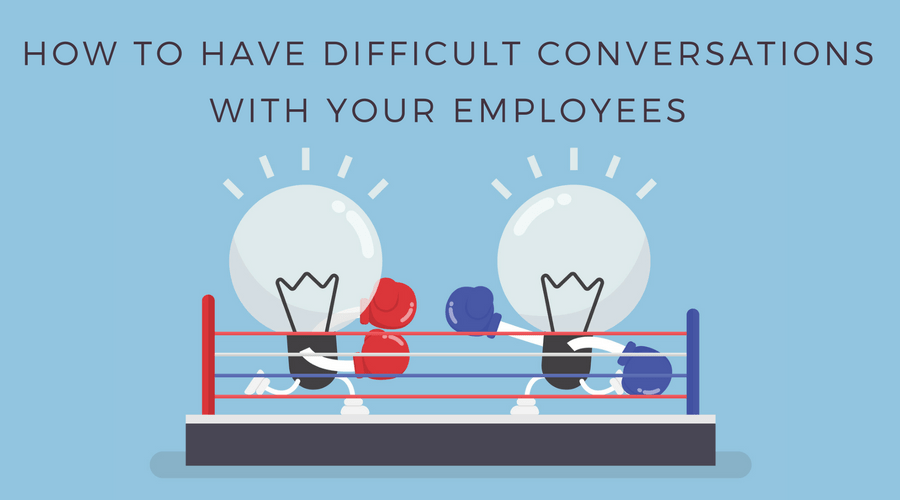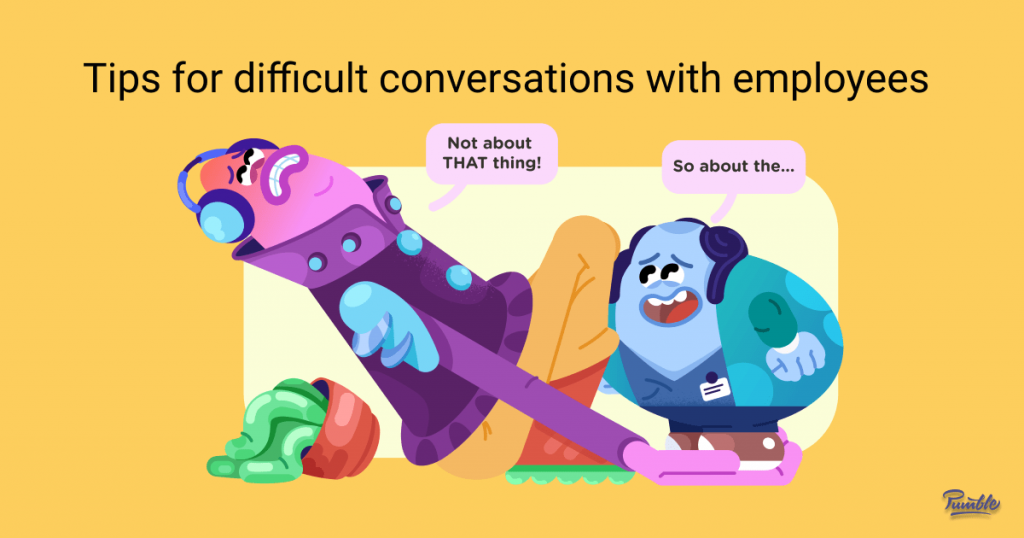Having Difficult Conversations With Employees

The scent of freshly brewed coffee hung heavy in the air, mingling with the nervous energy radiating from Sarah. Outside, the morning sun streamed through the blinds of her office, casting long shadows across the mahogany desk. Today was not going to be easy. She had to tell Mark, a long-time member of her team, that his performance wasn’t meeting expectations.
Having difficult conversations with employees is an inevitable part of leadership, but it doesn't have to be a dreaded experience. When approached with empathy, preparation, and a focus on constructive feedback, these interactions can foster growth, strengthen relationships, and ultimately benefit both the individual and the organization.
The Importance of Preparation
Many managers shy away from difficult conversations, often letting issues fester until they explode. This procrastination can lead to decreased morale, decreased productivity, and even legal complications down the line. According to a 2023 study by SHRM (Society for Human Resource Management), companies that prioritize open communication and conflict resolution experience a 20% higher rate of employee retention.
Before initiating a tough conversation, it’s crucial to gather your thoughts and document specific examples. Avoid generalizations and focus on observable behaviors or tangible results. Ask yourself: What is the desired outcome of this conversation? What support can I offer to help the employee improve?
"Preparation is key," advises Dr. Anya Sharma, a leading organizational psychologist. "It allows you to remain calm, focused, and empathetic, even when the conversation becomes challenging."
Creating a Safe Space
The environment in which you hold the conversation plays a significant role in its success. Choose a private, neutral setting where the employee feels comfortable and respected. Avoid conducting these conversations publicly or in a rushed manner.
Begin by acknowledging the employee’s contributions and expressing your appreciation for their work. This helps to establish a sense of trust and demonstrates that you value them as an individual. Use a calm and respectful tone, and actively listen to their perspective.
"People don't care how much you know until they know how much you care," - Theodore Roosevelt.
Focusing on Feedback and Solutions
When delivering feedback, be direct, specific, and constructive. Instead of saying "Your performance is poor," try saying "I've noticed a decline in the quality of your reports over the past month. Let's discuss what might be contributing to this and how we can get you back on track."
Avoid personal attacks or blaming language. Focus on the behavior and its impact on the team or the organization. Invite the employee to share their perspective and actively listen to their explanation. There may be underlying factors contributing to the issue that you are unaware of.
Once you've addressed the issue, shift the focus to finding solutions. Collaboratively develop an action plan with clear goals, timelines, and measurable outcomes. Offer support and resources to help the employee improve. This could include training, mentorship, or adjustments to their workload.
Following Up and Providing Support
A difficult conversation is not a one-time event. It's an ongoing process that requires consistent follow-up and support. Schedule regular check-ins to monitor progress, provide feedback, and address any challenges that may arise.
Be patient and understanding, but also hold the employee accountable for meeting the agreed-upon goals. Consistency and transparency are essential for building trust and fostering a culture of continuous improvement.
Remember to acknowledge and celebrate successes along the way. Positive reinforcement can be a powerful motivator and can help to rebuild confidence after a challenging conversation.
The Long-Term Benefits
While difficult conversations can be uncomfortable, they are ultimately essential for creating a healthy and productive work environment. By addressing issues directly and providing constructive feedback, managers can help employees grow, develop, and reach their full potential.
Furthermore, effectively managing difficult conversations can strengthen relationships, improve team morale, and enhance the overall performance of the organization. It demonstrates a commitment to open communication, accountability, and employee development.
As Sarah finally took a deep breath and walked out of her office to find Mark, she knew that this conversation, while challenging, was an opportunity to help him grow and contribute more effectively to the team. It was a necessary step towards building a stronger, more resilient organization.



.webp?width=1200&height=800&name=how-to-have-difficult-conversations-with-employees (1).webp)














